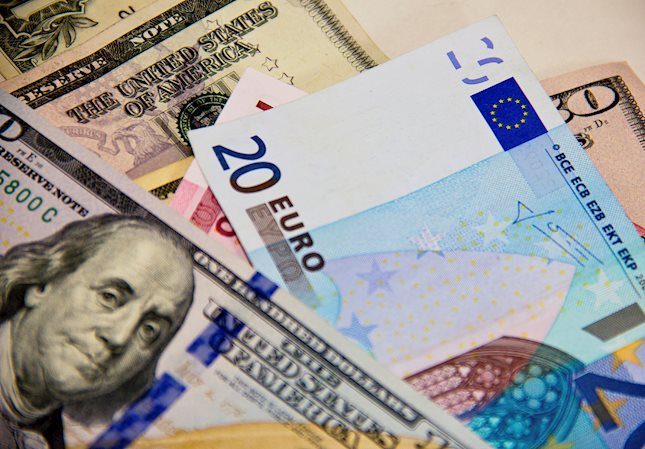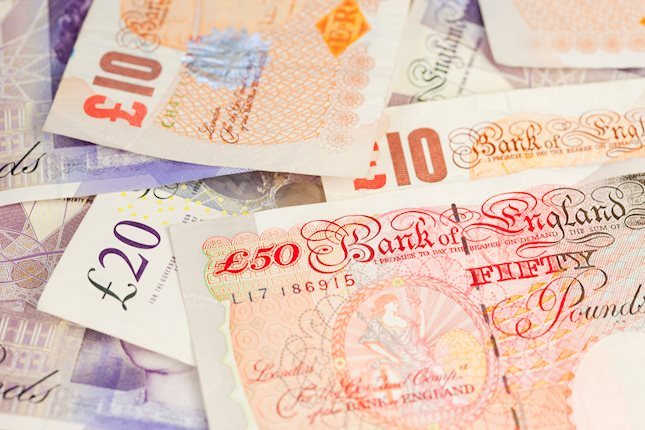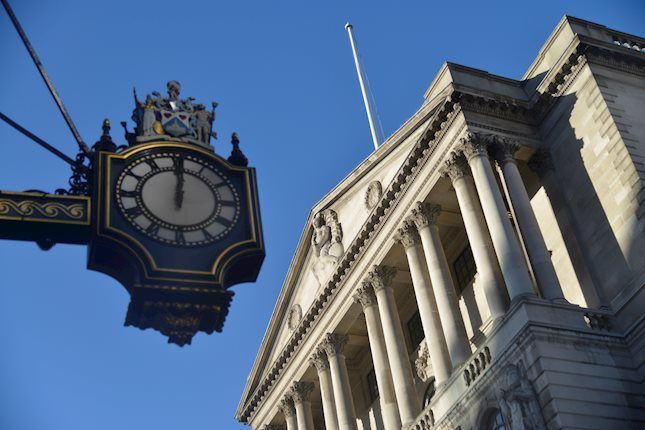- NZD/USD bulls catch a breather after the quote rose for the first time in last five days the previous day.
- US Treasury yields, greenback witnessed a pullback as markets cheer nearness to $1.9 trillion covid relief package.
- RBNZ removed some of the temporary liquidity facilities put in place during the COVID-19 pandemic.
- February’s New Zealand Electronic Card Retail Sales, China Inflation should offer immediate direction, US CPI, stimulus be the key.
NZD/USD recovery stalls around 0.7170, keeping the upside momentum, amid the early Wednesday morning in Asia. The kiwi pair marked notable recovery moves, printing the heaviest gains in two weeks, the previous day as the US dollar weakness joined upbeat market sentiment. In doing so, the quote paid a little heed to the latest announcement from the Reserve Bank of New Zealand (RBNZ).
Despite witnessing soft Manufacturing Sales for Q4 and downbeat sentiment figures from the Australia and New Zealand Banking Group (ANZ), NZD/USD managed to recall the buyers as the US dollar index (DXY) took a U-turn from a four-month top. Also favoring the bulls could be the declines in the US Treasury yields and run-up in the equity markets as traders await American House votes on President Joe Biden’s $1.9 trillion covid relief bill.
That said, the US dollar index (DXY) dropped back below 92.00 after rising to 92.50, the highest since November 24, 2020, the previous day. At the same time, the US 10-year Treasury yield also weakened six basis points (bps) to revisit the 1.53% level by the end of Tuesday’s North American trading. It’s worth mentioning that the Wall Street benchmark cheered the stimulus with Nasdaq rising 4.0%, closing with 3.69% gains, by the press time.
Having pushed the much-awaited stimulus through the House and the Senate earlier, the $1.9 trillion aid package returns to the US House for a final vote. Although there are no major barriers for the same considering the Democrats’ readiness to accept a few suggestions from the Republican Party, US House Speaker Nancy Pelosi signaled on Tuesday that the bill may be delayed to Wednesday.
Elsewhere, RBNZ announced the removal of the Term Auction Facility (TAF) and the Corporate Open Market Operation (COMO), unveiled during the coronavirus (COVID-19) times to pump the markets, in the latest move to return to the normal. The news failed to offer any major reaction from the NZD/USD traders despite suggesting the hidden reflation fears.
Looking forward, New Zealand’s February month Electronic Card Retail Sales, prior -0.4% MoM, will precede China’s Consumer Price Index (CPI) and Producer Price Index (PPI) data for the said month, expected to print soft readings, can direct immediate NZD/USD moves. However, major attention will be given to the stimulus headlines and the US inflation figures for the previous month as well as US Treasury yield moves.
Technical analysis
Recovery moves from the yearly bottom surrounding 0.7100 need to regain above 50-day SMA level of 0.7216 to recall the NZD/USD buyers. Meanwhile, a decisive downside break of the 0.7100 threshold will be tested eye the 100-day SMA, at 0.7072 now.
Information on these pages contains forward-looking statements that involve risks and uncertainties. Markets and instruments profiled on this page are for informational purposes only and should not in any way come across as a recommendation to buy or sell in these assets. You should do your own thorough research before making any investment decisions. FXStreet does not in any way guarantee that this information is free from mistakes, errors, or material misstatements. It also does not guarantee that this information is of a timely nature. Investing in Open Markets involves a great deal of risk, including the loss of all or a portion of your investment, as well as emotional distress. All risks, losses and costs associated with investing, including total loss of principal, are your responsibility. The views and opinions expressed in this article are those of the authors and do not necessarily reflect the official policy or position of FXStreet nor its advertisers. The author will not be held responsible for information that is found at the end of links posted on this page.
If not otherwise explicitly mentioned in the body of the article, at the time of writing, the author has no position in any stock mentioned in this article and no business relationship with any company mentioned. The author has not received compensation for writing this article, other than from FXStreet.
FXStreet and the author do not provide personalized recommendations. The author makes no representations as to the accuracy, completeness, or suitability of this information. FXStreet and the author will not be liable for any errors, omissions or any losses, injuries or damages arising from this information and its display or use. Errors and omissions excepted.
The author and FXStreet are not registered investment advisors and nothing in this article is intended to be investment advice.
Recommended content
Editors’ Picks

EUR/USD clings to daily gains near 1.0400 after US inflation data
EUR/USD holds its ground and trades in positive territory near 1.0400 on Friday. The weaker-than-forecast PCE inflation data from the US and the improving risk mood makes it difficult for the USD to find demand, supporting the pair heading into the weekend.

GBP/USD climbs to 1.2550 area on renewed USD weakness
GBP/USD extends its rebound from multi-month lows and trades near 1.2550. The US Dollar stays on the back foot after softer-than-expected PCE inflation data, helping the pair edge higher. Nevertheless, GBP/USD remains on track to end the week in negative territory.

Gold rises above $2,620 as US yields edge lower
Gold extends its daily rebound and trades above $2,620 on Friday. The benchmark 10-year US Treasury bond yield declines toward 4.5% following the PCE inflation data for November, helping XAU/USD stretch higher in the American session.

Bitcoin crashes to $96,000, altcoins bleed: Top trades for sidelined buyers
Bitcoin (BTC) slipped under the $100,000 milestone and touched the $96,000 level briefly on Friday, a sharp decline that has also hit hard prices of other altcoins and particularly meme coins.

Bank of England stays on hold, but a dovish front is building
Bank of England rates were maintained at 4.75% today, in line with expectations. However, the 6-3 vote split sent a moderately dovish signal to markets, prompting some dovish repricing and a weaker pound. We remain more dovish than market pricing for 2025.

Best Forex Brokers with Low Spreads
VERIFIED Low spreads are crucial for reducing trading costs. Explore top Forex brokers offering competitive spreads and high leverage. Compare options for EUR/USD, GBP/USD, USD/JPY, and Gold.